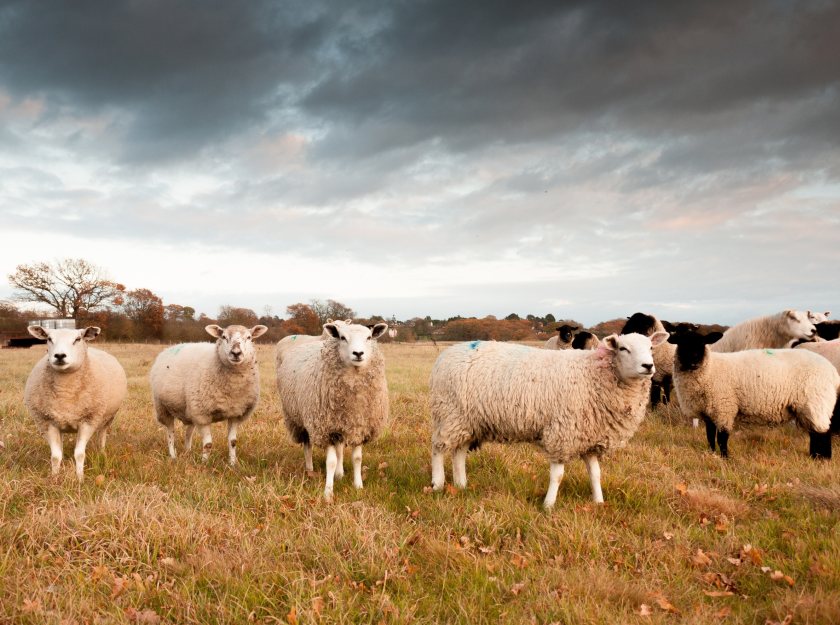
Animal health experts have told farmers that insecticides will not prevent midges biting livestock as a method to prevent bluetongue or reduce transmission.
Insecticides do not kill midges fast enough to prevent the first bite, the Sustainable Control of Parasites (SCOPS) group has said.
Bluetongue, which has now led to the establishment of 'restricted zones' in England, is a viral infection spread by midges and it affects cattle and sheep.
That first bite is all it takes to transmit the virus, SCOPS explained, as nearly 70 farms across England have now confirmed a case of the disease.
The animal health body also said there is no evidence to suggest that insecticides can prevent infection or prevent onward transmission.
"SCOPS appreciates farmers want to feel they are doing something to protect their stock at this difficult time but insecticides are not the solution," said independent sheep consultant, Lesley Stubbings.
"Insecticides used in this way will cost money and may have a detrimental effect on the environment.
“Slowing down the development of resistance to any product that controls internal and/or external parasites relies on the industry only treating animals when there is a clear need.
"This is why SCOPS recommends insecticides are not prescribed for the control of bluetongue.”
Similar to insecticides, the body said there is no evidence that insect repellents prevent or reduce bluetongue transmission either.
